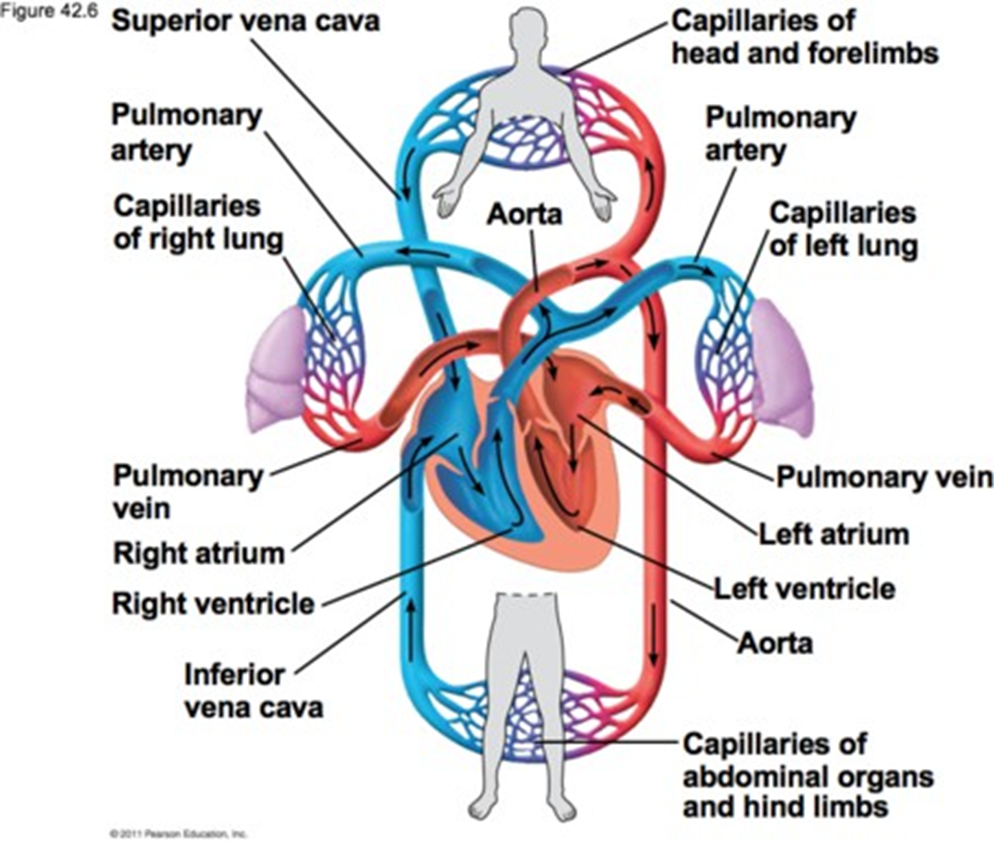Which medication, when noted in a patient’s history, will diminish the effects of Warfarin (Coumadin)?
Iron supplement for anemia.
Furosemide (Lasix) for fluid retention.
Simvastatin (Zocor) for cholesterol control.
Yaz (drospirenone/estradiol) as an oral contraceptive.
The Correct Answer is D
Choice A rationale
Iron supplements for anemia do not typically interact with warfarin (Coumadin). Iron is a mineral that is essential for the production of red blood cells, and supplements are often prescribed to patients with anemia to increase their iron levels. While it’s important for healthcare providers to be aware of all medications and supplements a patient is taking, iron supplements are not known to diminish the effects of warfarin.
Choice B rationale
Furosemide (Lasix) is a diuretic medication used to treat fluid retention. It works by causing the kidneys to get rid of unneeded water and salt from the body into the urine. While furosemide can interact with other medications, it is not known to diminish the effects of warfarin.
Choice C rationale
Simvastatin (Zocor) is a medication used to control cholesterol levels. It works by slowing the production of cholesterol in the body to decrease the amount of cholesterol that may build up on the walls of the arteries and block blood flow to the heart, brain, and other parts of the body. Simvastatin does not typically interact with warfarin to diminish its effects.
Choice D rationale
Yaz (drospirenone/estradiol) is an oral contraceptive that contains estrogen. Estrogen can potentially increase the effects of warfarin, leading to an increased risk of bleeding. Therefore, if a patient taking warfarin also takes Yaz, it could potentially diminish the effects of warfarin, making it less effective. This is why it’s important for healthcare providers to be aware of all medications a patient is taking, including oral contraceptives.
Nursing Test Bank
Naxlex Comprehensive Predictor Exams
Related Questions
Correct Answer is C
Explanation
Choice A rationale
This sequence is incorrect because it suggests that blood goes from the lungs to the pulmonary artery, which is not accurate. The pulmonary artery carries deoxygenated blood from the heart to the lungs.
Choice B rationale
This sequence is incorrect because it suggests that blood goes from the pulmonary vein to the lungs, which is not accurate. The pulmonary vein carries oxygenated blood from the lungs to the heart.
Choice C rationale
This sequence correctly describes the direction of blood flow through the heart and lungs. Deoxygenated blood enters the right atrium, goes to the right ventricle, then is sent to the lungs via the pulmonary artery. After picking up oxygen in the lungs, the blood returns to the heart via the pulmonary vein, entering the left atrium, then the left ventricle, from where it is pumped out to the rest of the body.
Choice D rationale
This sequence is incorrect because it suggests that blood goes from the pulmonary vein to the pulmonary artery, which is not accurate. The pulmonary vein carries oxygenated blood from the lungs to the heart, and the pulmonary artery carries deoxygenated blood from the heart to the lungs.

Correct Answer is A
Explanation
Choice A rationale
Education on the necessity of continuous antibiotic prophylaxis is crucial for patients who have just recovered from rheumatic fever. Rheumatic fever is an inflammatory disease that can develop as a complication of untreated or inadequately treated strep throat or scarlet fever.
Patients who have had rheumatic fever are at risk of getting it again if they have another strep infection. Continuous antibiotic prophylaxis can prevent recurrent infections and the development of rheumatic heart disease.
Choice B rationale
While anticoagulation therapy may be necessary for some patients with heart conditions, it is not typically the most important nursing action for a patient who has just recovered from rheumatic fever. Rheumatic fever can cause inflammation and damage to the heart valves, but it does not typically cause blood clots, which are the primary reason for anticoagulation therapy.
Choice C rationale
Adherence to standard infection control procedures is important for all patients, but it is not the most important nursing action for a patient who has just recovered from rheumatic fever. The primary concern for these patients is preventing recurrent strep infections, which can be achieved through continuous antibiotic prophylaxis.
Choice D rationale
While physical activity management may be part of the overall care plan for a patient who has just recovered from rheumatic fever, it is not typically the most important nursing action. The primary concern for these patients is preventing recurrent strep infections, which can be achieved through continuous antibiotic prophylaxis.
Whether you are a student looking to ace your exams or a practicing nurse seeking to enhance your expertise , our nursing education contents will empower you with the confidence and competence to make a difference in the lives of patients and become a respected leader in the healthcare field.
Visit Naxlex, invest in your future and unlock endless possibilities with our unparalleled nursing education contents today
Report Wrong Answer on the Current Question
Do you disagree with the answer? If yes, what is your expected answer? Explain.
Kindly be descriptive with the issue you are facing.
